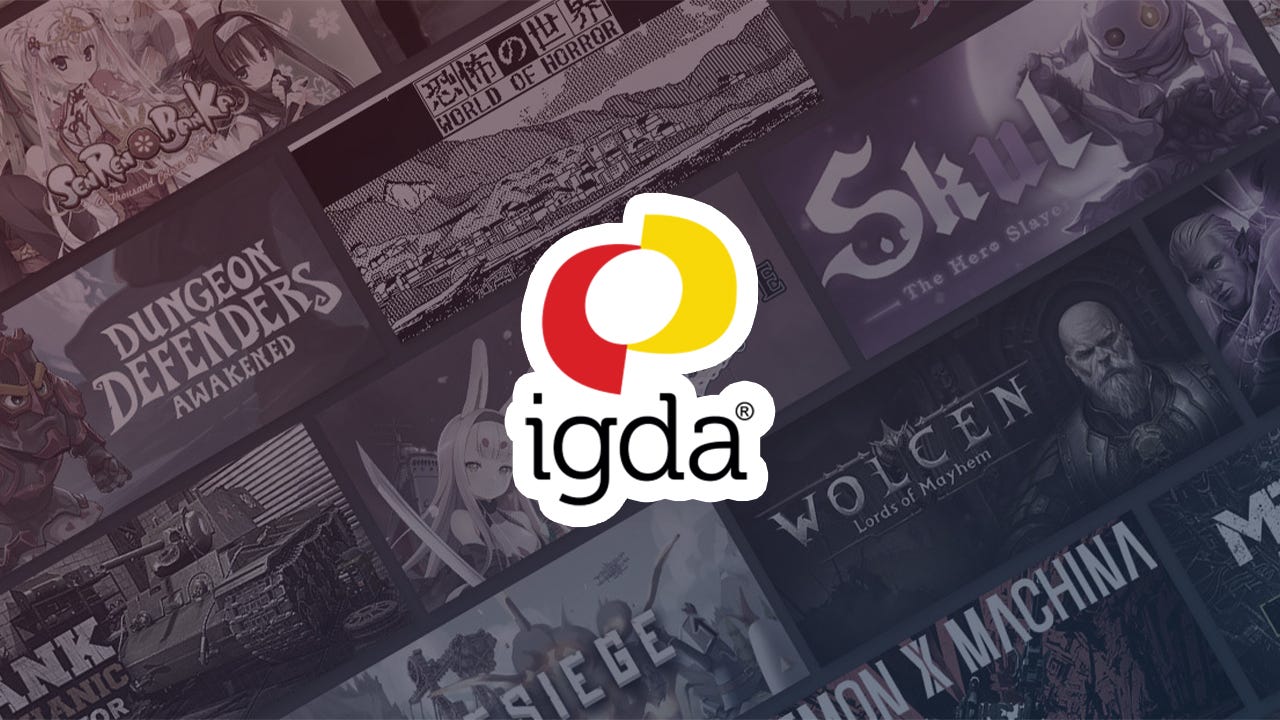The IGDA calls wave of adult game delistings a form of ‘creative suppression’
‘This issue is not just about adult content. It is about developer rights.’
Content warning: brief mention of sexual violence.
The International Game Developers Association (IGDA) said it is "seriously alarmed" by the delisting and deindexing of adult titles on Steam and itch.io.
The non-profit advocacy group has demanded greater transparency and fairness over how adult games are moderated after both Steam and Itch chose to prohibit and obscure those titles on their respective platforms at the behest of payment providers like Visa and Mastercard.

Those payment companies were recently targeted by the Collective Shout campaign, which accused them of "profiting from rape, incest [and] child abuse games" on Steam and other digital platforms.
In a wide-ranging statement published online, the IGDA said that "vague or overly cautious" moderation of adult content could impact titles and developers that aren't in violation of any restrictions potentially resulting in a loss of income or reputational harm.
"Developers report games being delisted or hidden despite prior approval or longstanding presence on these platforms. The lack of transparency around enforcement criteria, sudden shifts in policy, and an absence of appeal pathways leave creators with no clear path to compliance or recourse," reads the statement.
"Games that feature consensual adult content, including queer, kink-positive, or romantic narratives, are easily targeted under vague or overly cautious enforcement, often forcing developers into silence or self-censorship because platforms fear perceived risks associated with hosting legal adult content."
IGDA warns against allowing third-parties to influence "which stories can be told and sold in games"
The group also expressed concern that financial institutions have been permitted to influence "which stories can be told and sold in games" with minimal transparency or accountability.
It said the situation is essentially a form of "creative suppression" that could result in developers preemptively self-censoring or abandoning projects out of fear of removal. It also noted that "queer, trans, femme-identifying, and POC developers may be disproportionately affected by overreaching censorship."
"Our advocacy focuses specifically on developers creating consensual, lawful, and ethically-developed games, and we support clear, consistent content policies, not vague or overly broad censorship," continues the statement.
"Games, like any medium of artistic expression, can explore themes of intimacy, pleasure, trauma, or identity. When created ethically and distributed legally, these works deserve to be evaluated fairly, transparently, and contextually, not swept aside due to stigma or third-party pressure.
"Many of these same games already follow established rating systems and content warnings, including ESRB and international equivalents. Developers are using existing tools to clearly communicate content, set expectations, and responsibly age-gate their work. The issue is not a lack of safeguards, but a lack of proportionate, informed, and transparent enforcement."
The IGDA has issued a set of policy recommendations it wants platform holders to consider adopting to avoid driving developers towards grey-market distribution, including the publication of clear guidelines that "distinguish prohibited content from lawful adult expression" and the formation of advisory panels with legal experts, marginalized creators, and trust and safety professionals.
Game platforms have also been implored to explore using alternative payment services including "including adult-industry-compliant processors" such as Verotel and CCBill.
"We urge platforms, payment processors, and industry leaders to engage in dialogue with developers and advocacy organizations. We welcome collaboration and transparency. This issue is not just about adult content. It is about developer rights, artistic freedom, and the sustainability of diverse creative work in games," it added in a call to action.
"Furthermore, we call on peer organizations and publishers to stand with us in protecting ethical creators from harmful overreach. Communicate your concerns of financial censorship and make your voice heard."
You can find the full statement, including the contact information for Visa and Mastercard, on the IGDA website.


